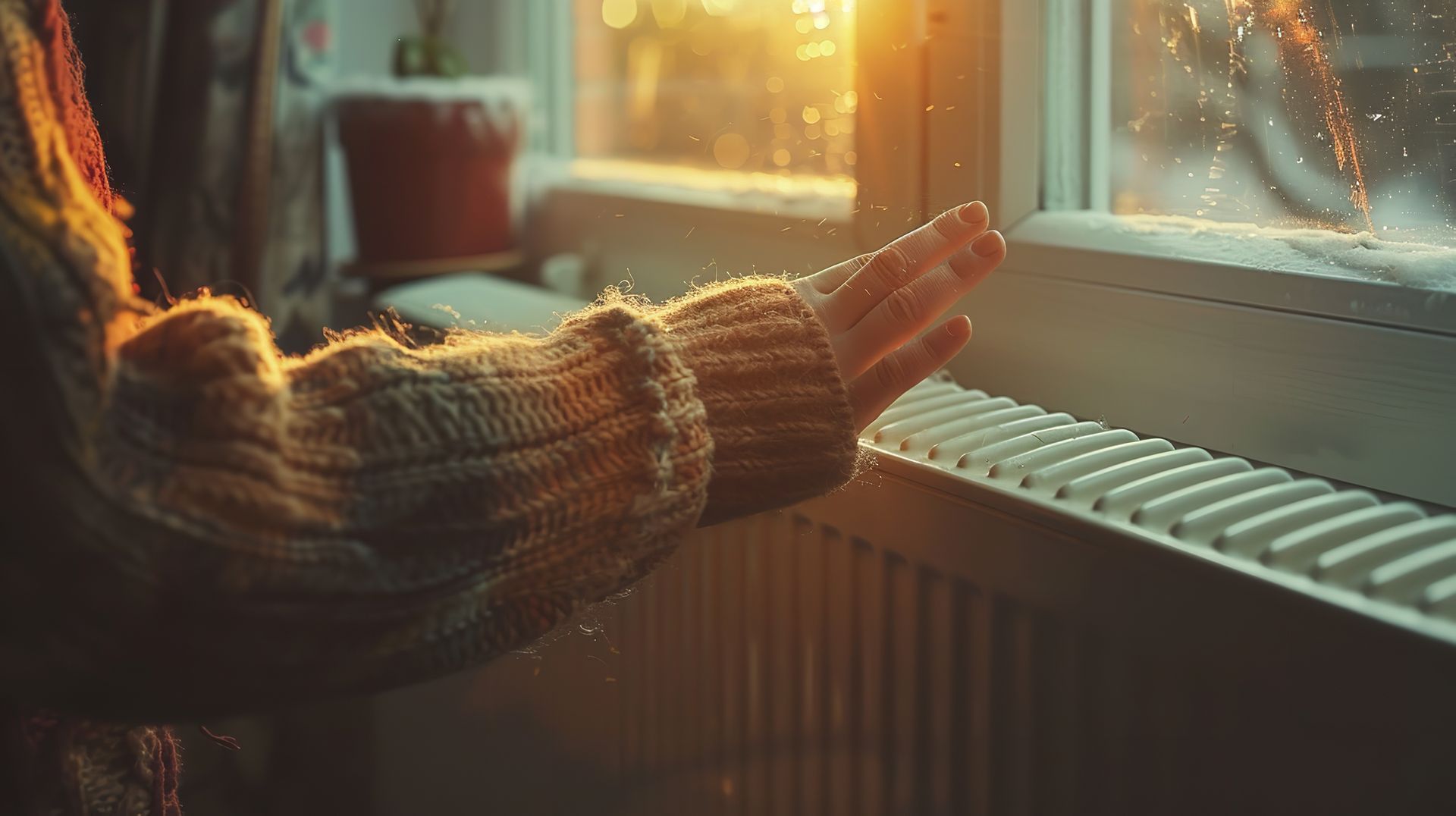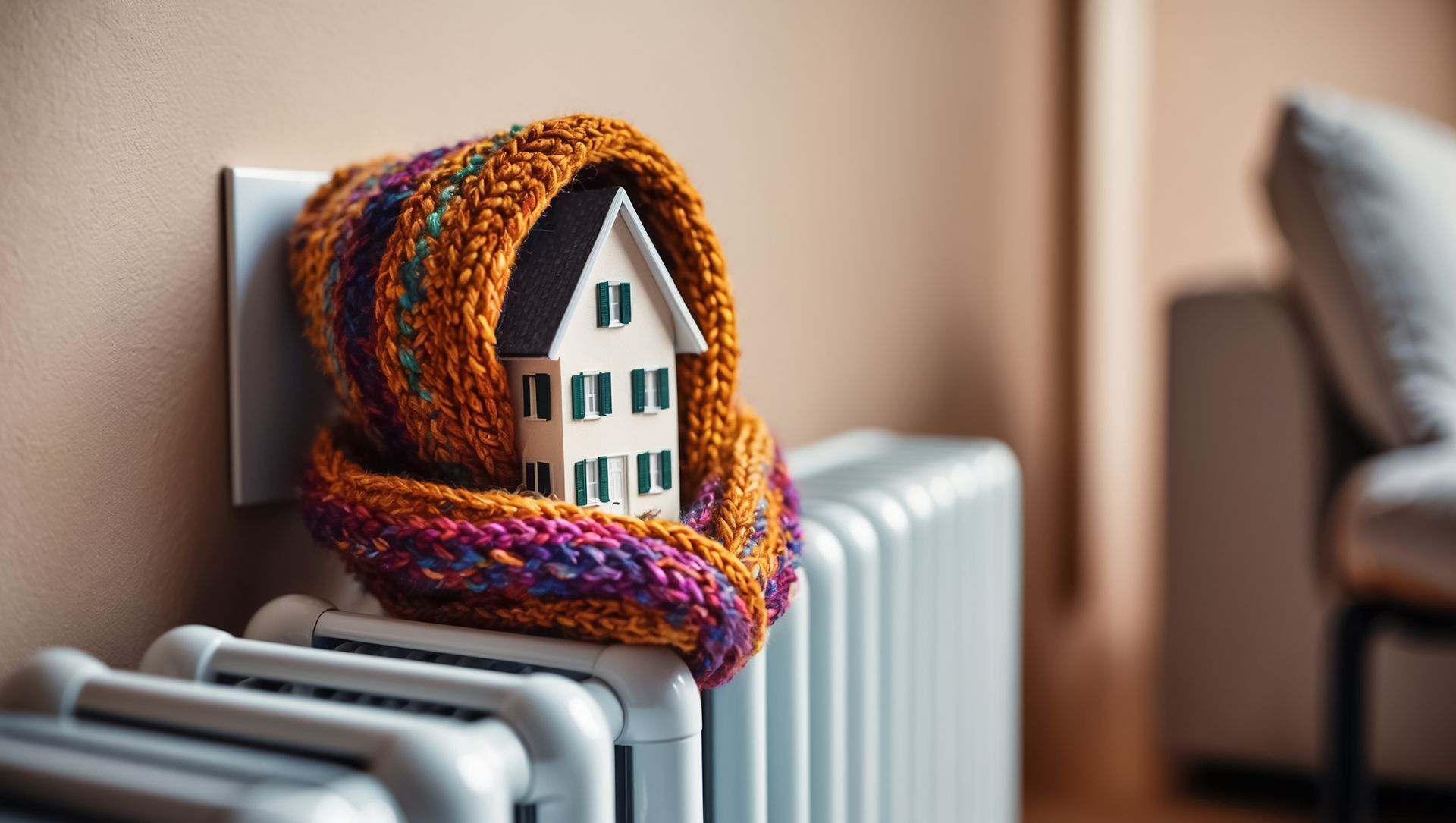Combatting Mould in Social Housing with Smart Ventilation Solutions
Across Southeast England, social housing continues to face a persistent and harmful issue: mould and damp. These problems aren’t just cosmetic—they pose serious health risks to residents and impose significant maintenance costs for housing providers. The root cause? Poor ventilation and excessive indoor humidity, often worsened by fuel poverty and energy-saving behaviours like keeping windows closed or turning off extractor fans.
At Eco Solutions Group Ltd, we understand the unique challenges social housing presents. That’s why we’re advocating for the adoption of mechanical ventilation with heat recovery (MVHR) systems as a targeted, cost-effective solution to improve indoor air quality, enhance resident wellbeing, and reduce long-term maintenance.
Why Mould is Such a Persistent Problem
Mould thrives in homes where excess moisture is trapped. The primary causes in social housing include:
Inadequate ventilation: Older properties often lack effective airflow, and moisture from cooking, showering, or drying clothes accumulates.
Under-heating: Rising energy bills lead many tenants to limit heating. Cold surfaces then attract condensation—mould’s best friend.Closed windows in winter: Understandably, many occupants try to conserve heat, but this also seals in humid air.
Non-functioning or unused extract fans: Often found in kitchens and bathrooms, these are either broken or turned off to save energy, allowing moisture to build.
These factors combine to create a cycle of condensation and mould that not only affects resident health but also deteriorates property over time.
A Smarter Way to Ventilate: MVHR Technology
MVHR systems are designed to break this cycle by providing fresh, filtered air into the home while recovering heat from the outgoing stale air. This ensures homes remain warm, well-ventilated, and energy efficient.
Key benefits of MVHR systems include:
Heat Recovery: These systems can recover up to 97% of heat from extracted air—retaining warmth while ventilating.
Humidity Sensing: Integrated sensors automatically increase airflow when humidity rises, helping prevent condensation.
Smart Controls: Wireless and app-based controls allow remote monitoring and adjustment to meet individual household needs.
Constant Airflow: Technology ensures a steady supply of fresh air even as filters naturally accumulate dust over time.
Compact Design: Units are designed to fit neatly in ceiling voids or lofts, with minimal impact on usable living space.
The Energy and Cost Benefits
Beyond health and comfort, MVHR systems also offer tangible savings on heating costs:
1-bedroom flat: Up to £150 saved annually.
2-bedroom home: Up to £200 saved annually.
3-bedroom home: Up to £250 saved annually.
Over five years, this equates to an estimated 30–50% return on investment purely from energy savings. For housing providers managing hundreds of homes, the long-term financial benefit is substantial.
Why Social Housing Needs This Now
For housing associations and local councils, MVHR systems offer far more than energy efficiency:
Healthier indoor environments: Reduced respiratory issues, mould allergies, and general tenant wellbeing.
Lower maintenance costs: Less need for repeated damp treatments or redecorating.
Legal compliance: Meets ventilation standards and improves Energy Performance Certificate (EPC) scores.
Tenant satisfaction: Better living conditions, fewer complaints, and a proactive approach to property care.
A Practical, Future-Proof Solution
MVHR technology offers a smart, scalable solution to the growing issue of mould in social housing. By investing in better ventilation today, we not only protect the health of tenants but also reduce future maintenance liabilities and operational costs.
At Eco Solutions Group Ltd, we’re ready to support social landlords with the design, installation, and commissioning of bespoke MVHR systems tailored to each property’s needs. Let’s work together to create healthier, more energy-efficient homes for the future.




